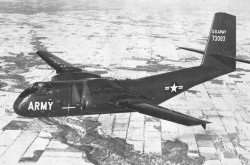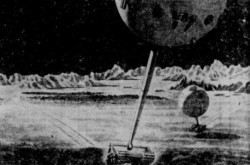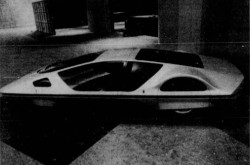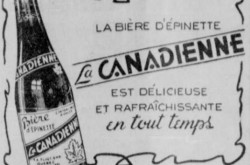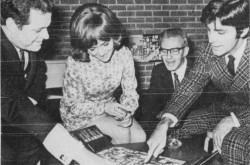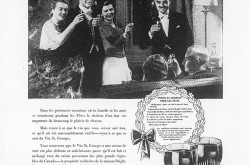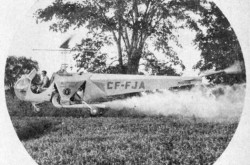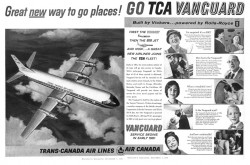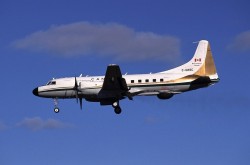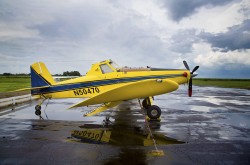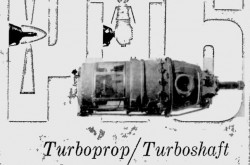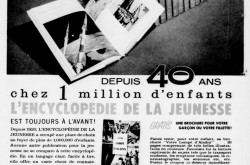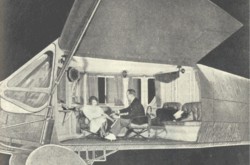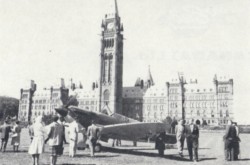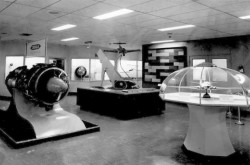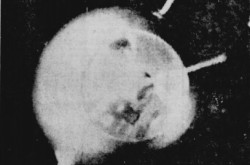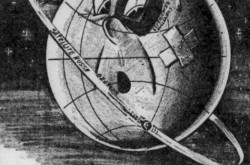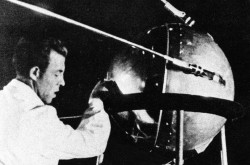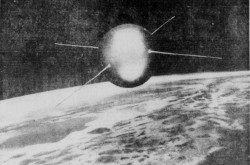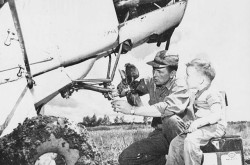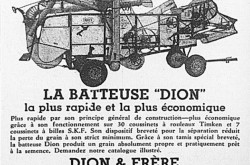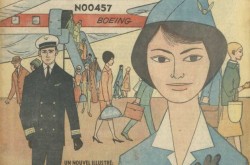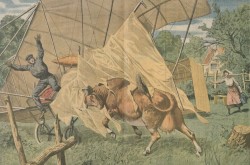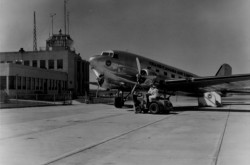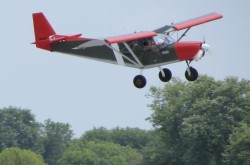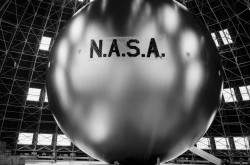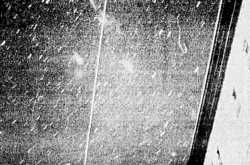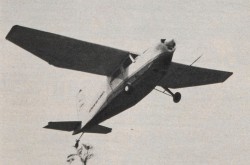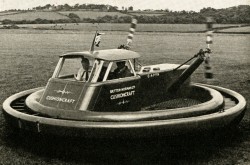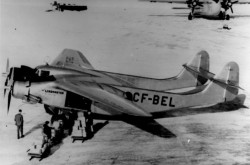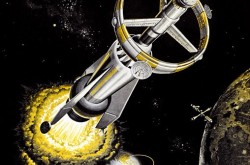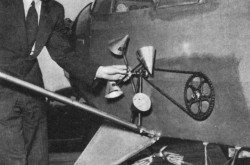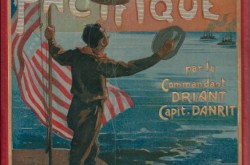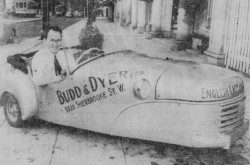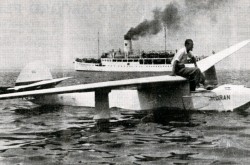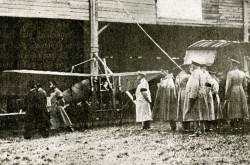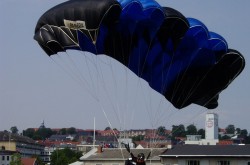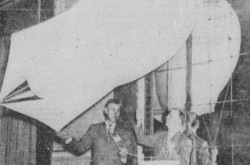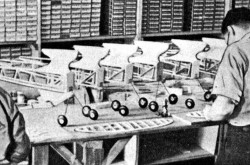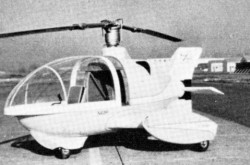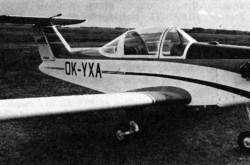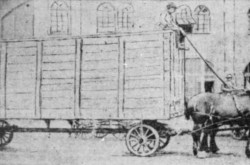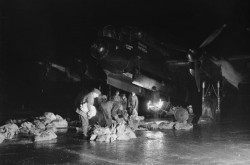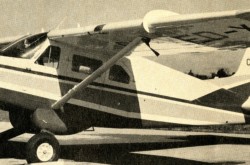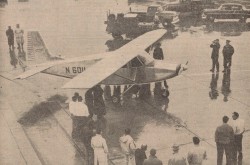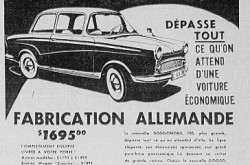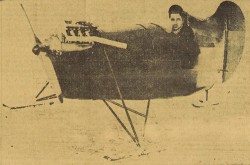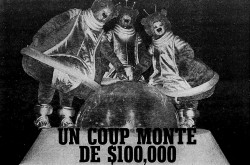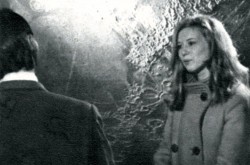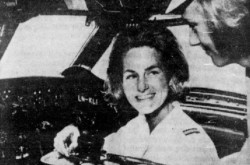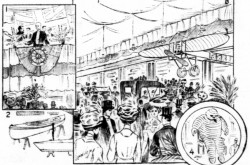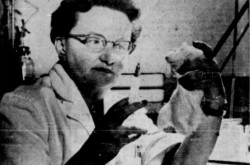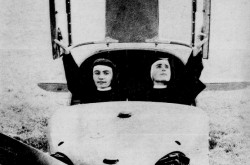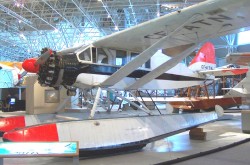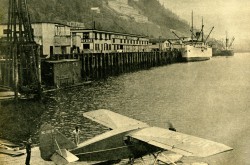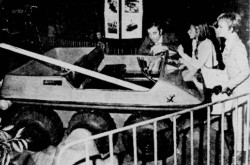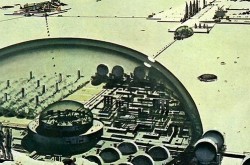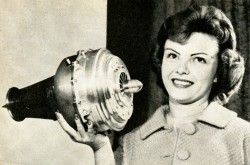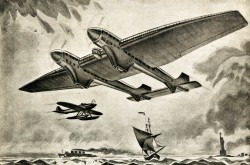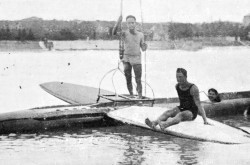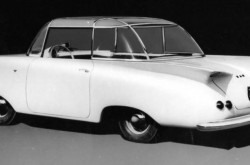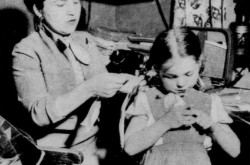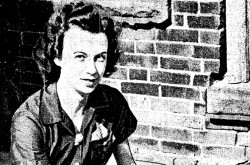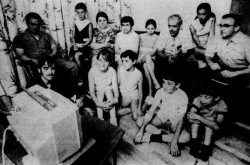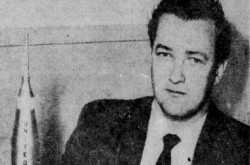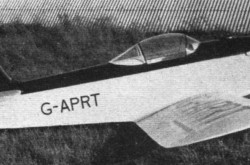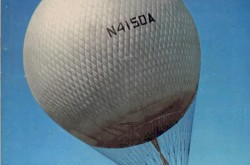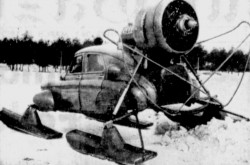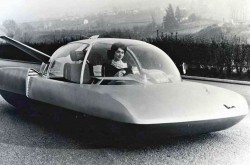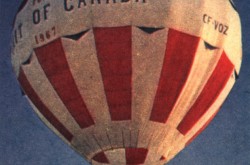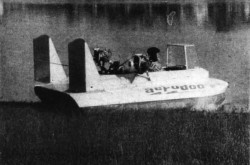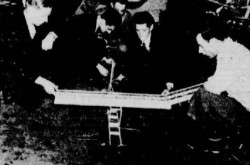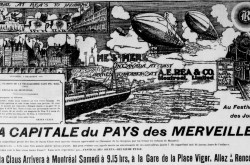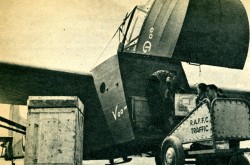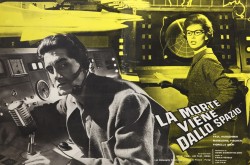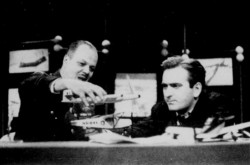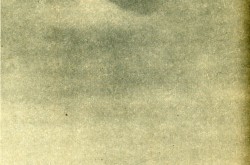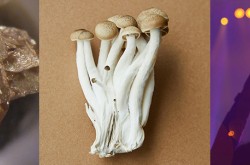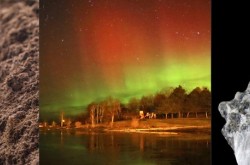A tale of two Reinhardts; or, A brief look at two long gone and forgotten Canadian breweries

Willkommen! Bienvenue! Welcome!
Mein lesender Freund. Ami(e) lectrice ou lecteur. My reading friend.
In eine Geschichte aus zwei Reinhardts. À un conte de deux Reinhardt. To a tale of two Reinhardts.
One could argue our tale began in 1812 with the birth of Gottlieb Friedrich Reinhardt, quite possibly in Strümpfelbach, Württemberg, one of the kingdoms which made up the Rheinische Bundesstaaten, a short-lived (1806-13) confederation of German speaking client states established at the behest of France’s sovereign, emperor Napoléon Ier, born Napoleone di Buonaparte, a megalomaniac tyrant mentioned a few times in our blog / bulletin / thingee since December 2017.
Reinhardt emigrated to Lower Canada, today’s Québec, in 1831. He settled in Montréal, one of the two large cities in that British colony. Reinhardt gradually became a significant member of the small German speaking community of Lower Canada. In 1835, for example, he became one of the founding members of the Deutsches Gesellschaft, a Montréal-based society by German speaking immigrants which helped German speaking immigrants who had recently arrived in Montréal and in nearby towns and cities. Reinhardt presided that society in 1859-60.
In 1852, Reinhardt became a brewer, using an already existing facility. He moved into a brand-new facility in 1862, thus bringing G. Reinhardt & Sons into existence, if the latter had not been formed already. Reinhardt was seemingly associated with another immigrant, a gentleman by the name of Hötzel, at some point in the 1850s and, perhaps, the 1860s.
Mind you, a gentleman by the name of Gottlieb Reinhardt was a butcher in the early 1860s. In addition, around the same time, another gentleman by that name was the captain of a company of an infantry unit of the Canadian Militia, the Sixth Battalion Volunteer Militia / Hochelaga Light Infantry. But back to G. Reinhardt & Sons.
The sons in question, Charles Smith Reinhardt and George Reinhardt, purchased their father’s interest in the family business at some point in the 1860s or 1870s. When the latter brother died, in August 1880, Charles Smith Reinhardt became the sole owner of what continued to be G. Reinhardt & Sons. That brother passed away in May 1914.
Reinhardt senior had left this world in June 1895, at the age of 83.
It is worth noting that, no later then 1886, a number of G. Reinhardt & Sons advertisements pointed out that there was no connection whatsoever between it and Reinhardt & Company, a Toronto, Ontario, brewery operated by Lothar Reinhardt, a gentleman who was in no way related to the Reinhardt family of Montréal.
Reinhardt, Lothar that is, was the brewer at a brewery leased from an influential German Canadian, Johann Gotthilf Walz, the first lager brewer in Toronto if you must know, by an even more influential German Canadian.
A former postmaster and reeve, the well connected and trilingual Ignatius Kormann played a most significant role in the settling of Bruce and Huron counties, in Ontario. Would you believe that the government of Ontario premier Oliver Mowat sent him to Paris, France, in order to convince the throngs of people who visited the Exposition universelle de 1878 to move to Ontario?
A Fortean digression if I may – and you do know that the term Fortean refers to anomalous phenomena, do you not? Did you know that one of the Kormann’s daughters, Theresa Callista Kormann, married Canadian theatre magnate Peter Ambrose Joseph Small in November 1902? So what, you say? So what!? The very day he sold his theatre empire, for $ 1 700 000, a cool (hot?) $ 25 000 000 in 2022 currency, in a downtown Toronto office, in December 1919, Small disappeared from the face of the Earth. Despite an international search, no trace of him was ever found. More than a century after the event, the Small case remains one of the most puzzling and legendary unsolved mysteries in Canadian history, but back to our story. Almost.
A lager was / is a beer brewed and conditioned at low temperature. A lager can be pale, amber, or dark. And yes, the pale lager is the most widely consumed and commercially available style of beer on planet Earth. Unfortunately. Sorry, sorry.
The term lager is a German word which means warehouse or to store. It refers to the fact that lagers were / are stored before drinking – traditionally in the same cool caves used to ferment them. The oldest known lagers were seemingly brewed in Bavaria, in what is now Germany, in the 1830s, but back to our story.
In 1881, Walz leased his brewery to Kormann and retired. The latter chose to remain a silent partner in the business, however, even after buying Walz’s brewery, and the land underneath it, in 1889. The face of the brewery and its brewer was Lothar Reinhardt.
For one reason or other, Kormann and Reinhardt ended their partnership in 1888. Now in dire need of a brewery, the latter soon acquired East End Brewery (Incorporated? Limited?), in Toronto, a firm then owned by Thomas Allen, an Anglo-Irish Canadian involved in brewing since 1851 or so. Reinhardt soon renamed the brewery Reinhardt & Company.
Information on the early years of Reinhardt, Lothar Reinhardt that is, is contradictory. Some said (wrote?) that he was born in Köln, Prussia, around 1837 while others said (wrote?) that he was born in Bavaria, in 1842 or 1943. Sorry, 1843.
In any event, unlike most brewers of his generation, Reinhardt received formal training in this field. Indeed, he graduated with honours from the Brauerschule in Worms, grand duchy of Hesse and by Rhine, one of the few brewing schools on planet Earth back then. Reinhardt later gained some practical experience at Gebrüder Schmederer Aktienbrauerei, in Bavaria.
Reinhardt worked as a brewer in Paris, yes, the one in France, and in Milwaukee, Wisconsin, before emigrating to Canada, to Toronto more specifically, in 1876. He began to brew in the Queen city around 1877.
One of the beers brewed by Reinhardt & Company was the Salvador, a name which should activate your taste buds, my beer loving reading friend. The name is familiar, is it not? At the tip of your tongue, you say? What if I added the name Paulaner to the equation? The Paulaner Salvator doppelbock, you say (type?)? Very good. Very good answer and beer actually.
Did you know that, back in the 1870s, when Reinhardt began to brew beer in Toronto the good, Paulaner Brauerei Gruppe Gesellschaft mit beschränkter Haftung & Compagnie Kommanditgesellschaft auf Aktien was known as… Gebrüder Schmederer Aktienbrauerei, the brewery where Reinhardt had gained some practical experience? And yes, Reinhardt & Company claimed it had the secret recipe of the Paulaner Salvator doppelbock and the rights to brew that true nectar in Canada.
A brief digression if I may, a doppelbock is usually a dark, sweet and lightly hopped beer. The names given to beers of this group often end with the letters ator in reference to the Paulaner Salvator. You do not believe me, do you? O ye, of little faith. Here are several examples. And yes, as is to be expected, the American monikers tend to be a tad more flamboyant.
Augustiner Maximator
Ayinger Celebrator
B52 Bourbonator
Bell’s Consecrator
Bushwakker Procrastinator
Christian Moerlein Emancipator
Cigar City Confectionator
Cigar City Resonator
Dark Horse Perkulator
Duck-Rabbit Duck-Rabbator
Fisherman’s Navigator
Gazillion Terminator
Goldfinger Złotonator
Hacker-Pschorr Animator
Jack’s Abby Saxonator
Löwenbräu Triumphator
McNeill Exterminator
Metropolitan Generator
New Glarus Gyrator
Phillips Instigator
Pivovar Náchod Primator
Prösslbräu Adlersberg Palmator
Schilling Indikator
Smuttynose S’muttonator
Spaten Optimator
Thomas Hooker Liberator
Three Floyds Decimator
Titletown Procrastinator
Tröegs Troegenator
Tucher Bajuvator
Valaduta Liquidator
Wasatch Devastator
And let us not forget the Dum Duminator, a nectar brewed by Brasseurs du Temps Incorporée of Gatineau, Québec.
This being said (typed?), yours truly must admit I would dearly like to try the Klosterbrauerei Ettal Curator. (Hello, EG and EP!) By the way, the Kloster Ettal is a Benedictine abbey in the village of Ettal, Bavaria.
And yes, I would also like to try the Portsmouth Fraggle Bock.
In any event, Reinhardt & Company erected a brewery in Montréal in 1900, under the direction of a gentleman by the name of Lothar Reinhardt, who happened to be a son of the brewery’s founder. That new competition might not have pleased too much the management of G. Reinhardt & Sons – and may have discombobulated more than a few Montréal beer drinkers.
In any event, the brewery operated in Montréal by Reinhardt & Company became Salvador Brewing Company no later than 1903. One had wonder if the name was chosen in order to differentiate the 2 Reinhardt breweries.
Would you believe that, around 1886, Edward Victor Reinhardt, a son of the founder of G. Reinhardt & Sons, the brewery in Montréal, acquired a small brewery operated by a gentleman by the name of Spiers? Said brewery was in Berlin, Ontario, today’s Kitchener, almost in the backyard of Reinhardt & Company, the brewery in Toronto.
That new competition might not have pleased too much the management of Reinhardt & Company, and this even though the new brewery was known as Berlin Brewery (Incorporated? Limited?). That establishment seemingly closed around 1890. It might, I repeat might, have closed as a result of continuing efforts made by Reinhardt & Company to sell its products in Berlin.
Berlin became Kitchener as a result of a referendum held in May 1916, a wartime referendum tainted by intimidation and fanaticism.
Incidentally, Earl Kitchener of Khartoum and of Broome / Viscount Broome / Viscount Kitchener of Khartoum, of the Vaal River and of Aspall / Baron Kitchener of Khartoum and of Aspall, born Horatio Herbert Kitchener, was the commander in chief of the British forces in South Africa during the final phase (November 1900-May 1902) of the Anglo–Boer War / Boer War / Second Boer War / South African War of 1899-1902. He died in June 1916, during the First World War.
But back to our story. The products of Reinhardt & Company were said to be quite good. Indeed, in 1905, a lager brewed in Montréal by Salvador Brewing allegedly won a gold medal at an international competition held the Exposition universelle de Liège, which took place in… Liège, Belgium, between April and November 1905. By then, Salvador Brewing was managed by Arthur Alexander Reinhardt, one of the 4 sons of the founder.
In April 1907, up to 200 Montréal hotel owners, grocers and liquor dealers, the great majority of them francophones from the looks of it, banded together to form a cooperative of sort, Imperial Breweries Limited, to break the informal yet annoying monopoly exerted by local breweries, primarily owned by anglophones, whose successive price increases were gnawing at their profit margin. And yes, you are quite right, my reading friend, no one in Québec, or Canada for that matter, had launched such a project before.
And yes, choosing a name like Imperial Brewery was not what one might have expected from a group of francophones Quebecers eager to promote the interests of their community. This being said (typed?), there was strong association between beer and the British Empire in Montréal at the time. As well, some / many members of the cooperative might have thought that an English language name would give an added aura to their project.
In any event, Imperial Breweries acquired its first brewery, Salvador Brewing, in the early summer of 1907. Said brewery might perhaps have been in trouble at the time. Sadly enough, Imperial Breweries, a thoroughly interesting firm, did not acquire a second one.
You see, by early 1909, Imperial Breweries had to go into liquidation. The reasons behind the failure of that cooperative were / are unclear. Competition with the other local breweries was undoubtedly fierce. As well, francophone beer drinkers may not have abandoned their favourite brews in sufficient numbers. Indeed, the fact that lagers like the ones brewed by Imperial Breweries were relative newcomers in the Québec beer market probably did not help.
Regardless of what caused the failure of Imperial Breweries, the fact was that a member of the Reinhardt family bought his former brewery at an auction, in August 1909, and immediately sold it, for the same amount of dough, to a brewing cartel formed in April by a number of Montréal breweries primarily owned by anglophones. Said cartel, National Breweries Limited of Montréal, went on to acquire 15 or so Québec breweries over the following months. And yes, National Breweries was the largest player in Québec for years to come.
In May 1914, a quartet of francophone Montrealers bought Salvador Brewing’s facilities and gave it a new name. Original Salvador Company Limited did not prove to be a successful venture, however. It went into liquidation in February 1915.
Did this mean that the beer brewed by Reinhardt & Company or Reinhardt ‘Salvador’ Brewery Limited, as the brewery became in December 1908 when Reinhardt senior retired, could not be bought in Montréal, you ask, my concerned reading friend? Fear not, say (type?) I, for Frisco Soda Water Company of Montréal picked up the, err, bottle. That recently-formed (?) producer of soda water and soft drinks became the sole distributor of the Toronto brewery no later than June 1912.
It is worth noting that the chief of the police force of the metropolis of Canada, the Sûreté de Montréal, Olivier Campeau, was one of the individuals who invested some dough in Frisco Soda Water, as did his spouse. A captain in that police service by the name of J.S. Trempe became this firm’s vice-president at some point in 1912-13.
Interestingly, certain people working for Frisco Soda Water, including Trempe, used Campeau’s name to, well, encourage or, err, strongly encourage, local businesses to buy its products – with the full knowledge of the latter.
Or so claimed, in February and May 1913, John H. Roberts, a well known and very loud Welsh Canadian who was the secretary of the Dominion Alliance for the Total Suppression of the Liquor Traffic, a prohibitionist organisation based in Toronto whose pronouncements were sometimes anti-Catholic / anti-Semitic / racist.
Campeau, who had sold his shares in 1912, threatened to sue Roberts for defamation but seemingly dropped the idea. He retired in December 1918 but, for some reason or other, was denied a pension until 1921. Trempe, on the other hand, retired, or was asked to do so, in mid 1913 – and soon got a pension. The allegations made against Campeau and Trempe were never proven.
In March 1913, Roberts also claimed that Frisco Soda Water was distributing Reinhardt ‘Salvador’ Brewery’s products without a liquor permit. Many bottles and several barrels were soon seized by agents of the Bureau du revenu of Québec’s Département du Trésor. The justice of the peace who looked at the case in April dismissed it out of hand, however, when these agents had to admit that they had not tasted the content of said bottles and barrels. Oops…
But back to Reinhardt ‘Salvador’ Brewery and… Yes, my easily confused reading friend, Reinhardt ‘Salvador’ Brewery was the Reinhardt brewery based in Toronto.
I have the sad duty to inform you that Lothar Reinhardt passed away in November 1915, at the age of 78.
Reinhardt ‘Salvador’ Brewery became all but inactive when the Legislative Assembly of Ontario passed the Ontario Temperance Act, in April 1916, an act which instituted prohibition that province. Indeed, given the use of its main building as a warehouse, it might have gone bankrupt. Reinhardt ‘Salvador’ Brewery’s assets were sold by tender in 1917 but whether or not any beer was brewed there later on, for the export market, is unclear. In any event, the brewery building was damaged by fire in November 1924.
In August 1925, American (and Torontonian?) interests bought Reinhardt Brewery Limited, as it was called by then. New brewing equipment soon arrived from the United States. The plan might, I repeat might, have been to export the beer produced on site. And yes, one had to wonder where Ontario-produced beer could be exported in 1925. Legally exported that is, because there was a huge illegal market in the United States since the onset of prohibition in that country, in January 1920, but I digress.
Interestingly, while the federal government granted a license to Reinhardt Brewery, its Ontario counterpart refused to do so. As a result, the firm did poorly during the following weeks and months.
A Toronto-based group acquired Reinhardt Brewery in April 1927. That reorganisation led to a change of name. Reinhardt Brewery became Reinhardt Brewery Company Limited.
In May 1927, prohibition came to an end in Ontario, which raised the question of whether or not the group of businessmen knew that a change of tack was coming. So, what do you think happened to Reinhardt Brewery, my reading friend? Weeks, months and years of fine sailing. Wrong answer.
In September 1927, the newly-formed Liquor Control Board of Ontario (LCBO) suspended Reinhardt Brewery’s license. The brewery’s crime? Flagrantly illegal sales of beer to a number of Toronto hotels. How was said suspension enforced, you ask? The approach used by the LCBO was original to say the least. Its inspectors confiscated the brewery’s entire supply of crown stoppers, those small cork-lined metal stoppers whose edges were crimped over the mouth of beer bottles.
How long the license suspension lasted is unclear, at least to me. One has to wonder if it lasted any longer than the time needed to replace Reinhardt Brewery’s supply of crown stoppers. Sorry, sorry.
Cosgrave Dominion Brewery Company Limited of Toronto, a subsidiary of Canadian Breweries Limited of Toronto, took over Reinhardt Brewery in January 1940. Mind you, Canadian Breweries might have acquired a controlling interest in the brewery in 1936.
By the way, Canadian Breweries came into existence in April 1937. Previously known as Brewing Corporation of Canada Limited, that cartel intended to do in Ontario what National Breweries had done in Québec, in other words take over as many small breweries as humanly possible. The plan worked.
But back to G. Reinhardt & Sons. Yes, my still confused reading friend, G. Reinhardt & Sons was the Reinhardt brewery based in Montréal.
You may remember that George Reinhardt had passed away in Montréal in May 1914. What happened afterwards, or before that date for that matter, was a tad obscure, at least to me. From the looks of it, one of the firms acquired by National Breweries in 1909, Ekers Brewery Limited of Montréal, took over the facilities of G. Reinhardt & Sons at some point. What brewing activities took place on the site, if any, is unclear.
In any event, the Congrégation des Frères des écoles chrétiennes acquired said facilities in February 1926 and… No, my reading friend, that congregation did not intend to brew its own beer. It simply needed the space occupied by the by then inactive brewery to improve the facilities of the Collège Mont Saint-Louis, the first secondary school opened in Québec by the roman catholic congregation, and this back in 1888. Indeed, the brewery was demolished during the summer of 1935 to make way for an enlarged recreation yard.
So endet unsere Geschichte aus zwei Reinhardts. Ainsi se termine notre conte de deux Reinhardt. Thus ends our tale of two Reinhardts.
Auf Wiedersehen. À bientôt. Goodbye.
Mein lesender Freund. Ami(e) lectrice ou lecteur. My reading friend.


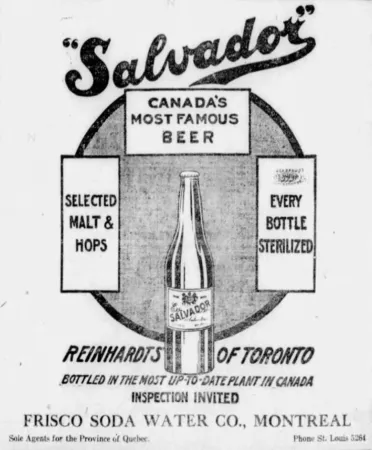












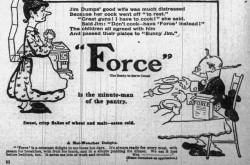
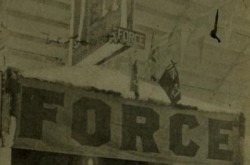
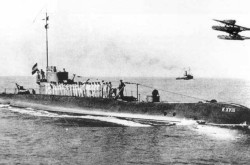
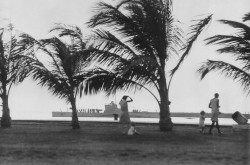
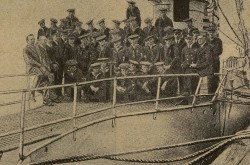
![A block of photographs showing some of the people involved in the bombing of beluga whales in the estuary and gulf of the St. Lawrence River. Anon., “La chasse aux marsouins [sic]. » Le Devoir, 15 August 1929, 6.](/sites/default/files/styles/thumbnail_7/public/2024-09/Le%20Devoir%2015%20aout%201929%20page%206.jpg?h=584f1d27&itok=TppdLItg)
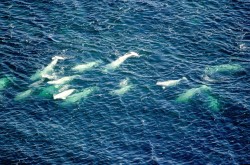
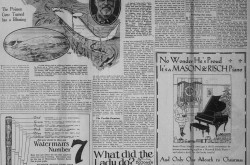
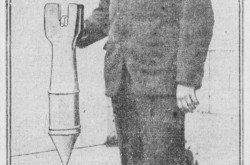
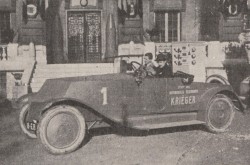
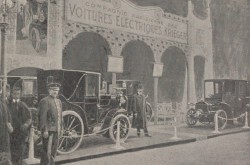
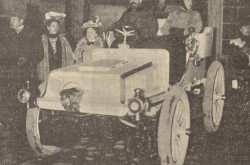
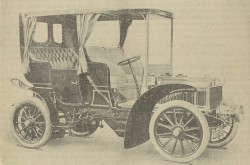

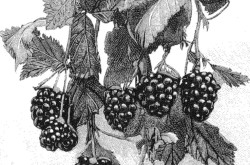
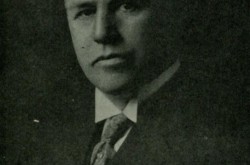
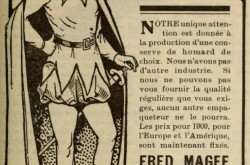
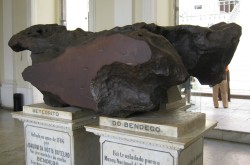
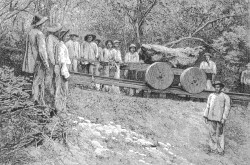
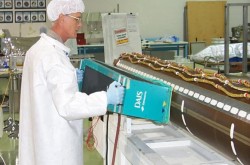
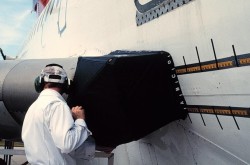
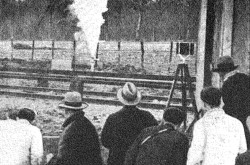
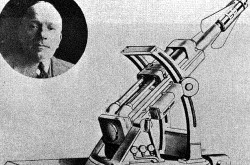
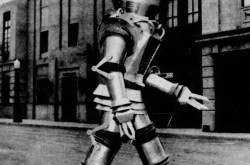
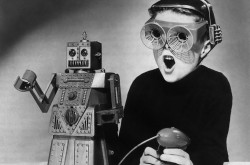
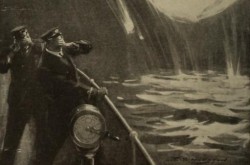
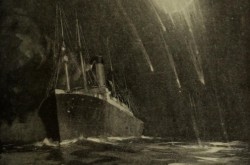
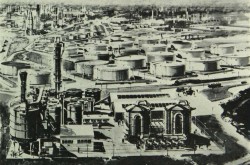
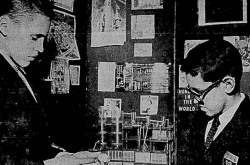
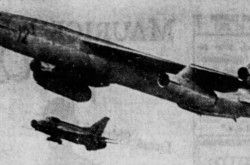
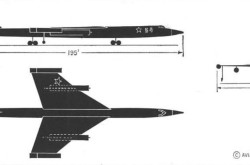
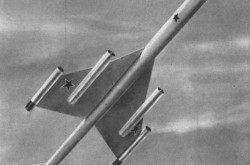
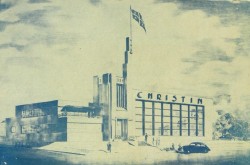
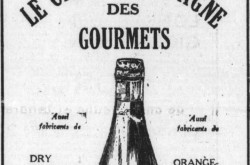
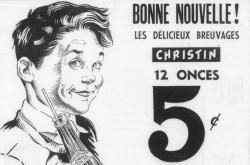
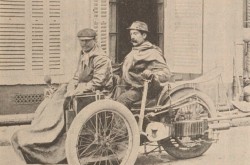
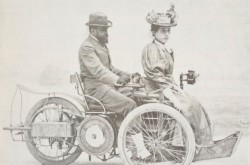
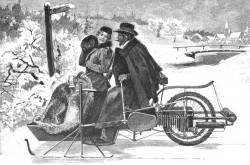
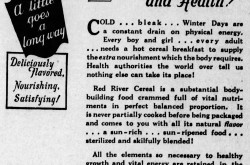
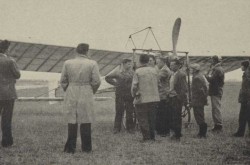
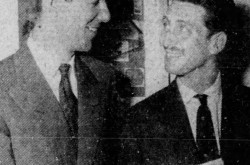

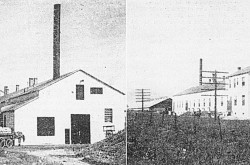
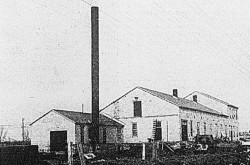
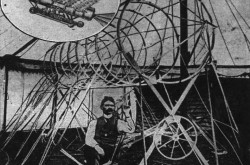
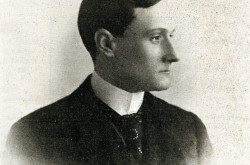
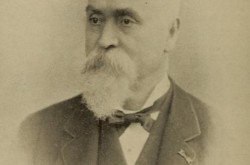
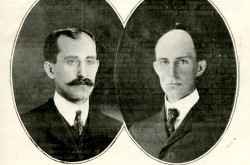
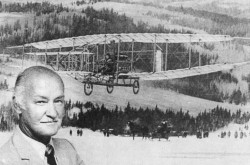
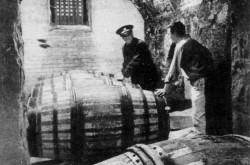
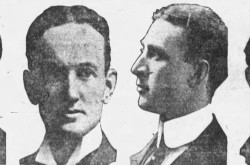
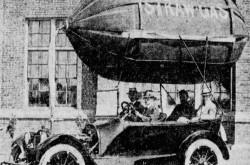
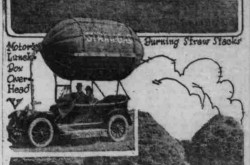
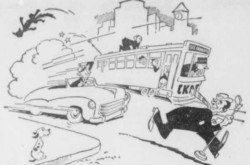
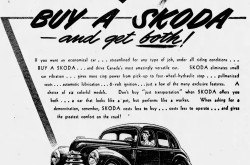
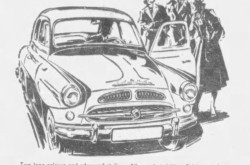
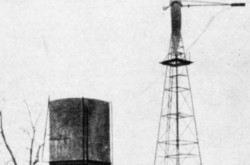
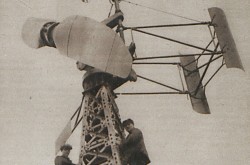
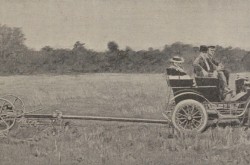
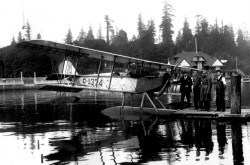
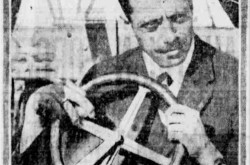
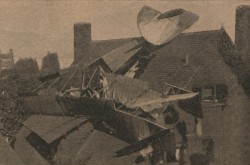
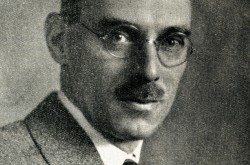
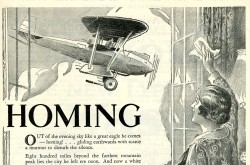
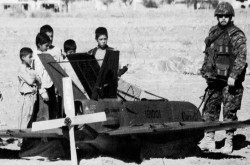
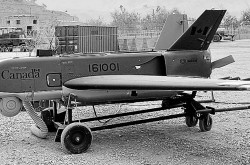
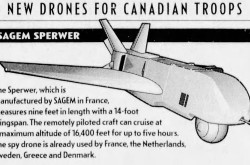
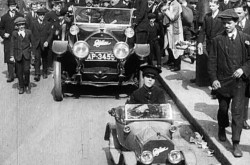
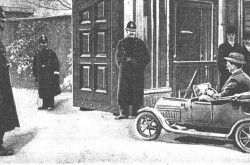
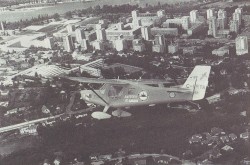
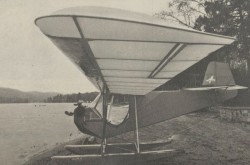
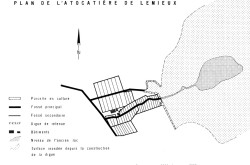
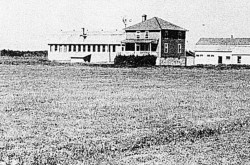
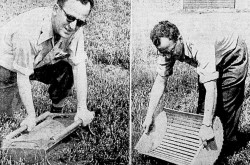
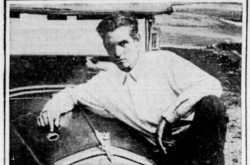
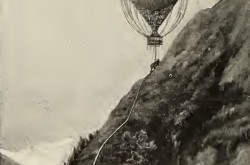
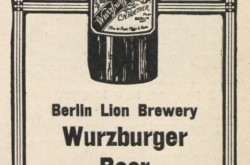
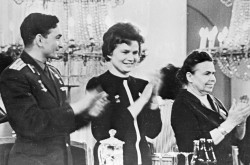
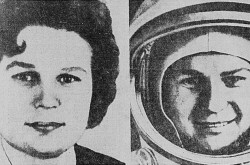
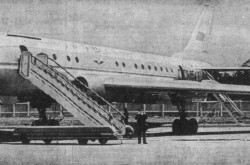
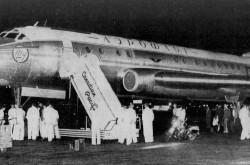
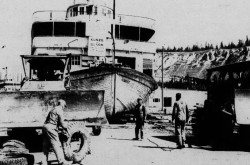
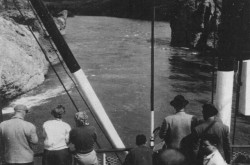
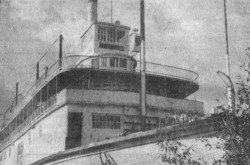
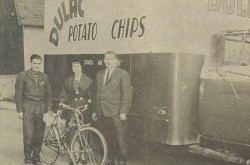
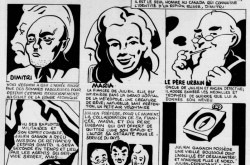
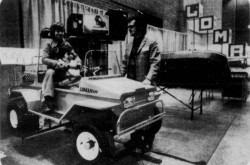
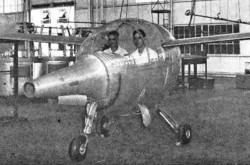
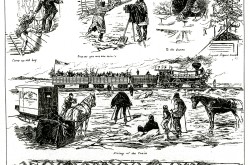
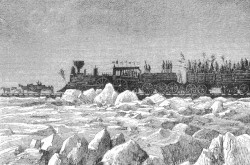
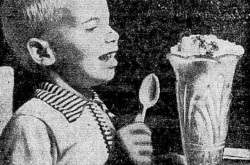
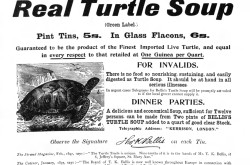
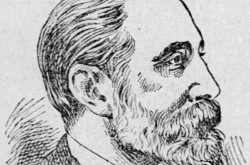
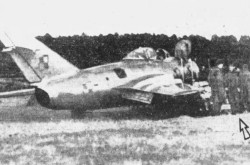
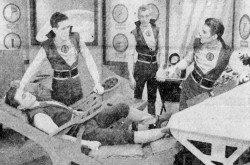
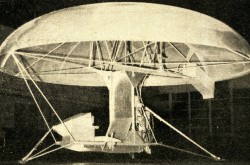
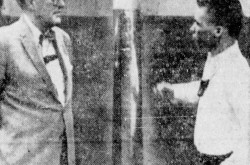
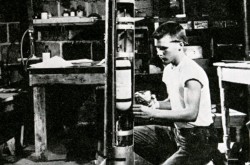

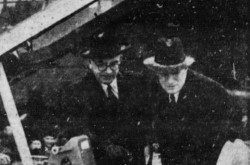
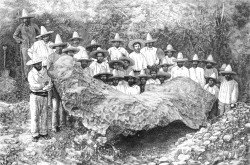
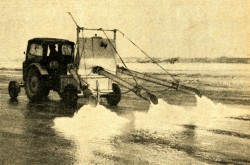
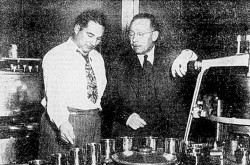
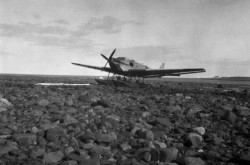
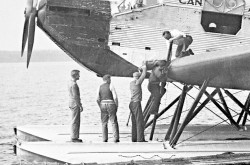
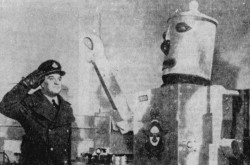
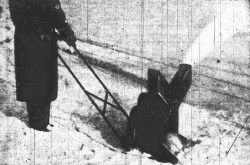
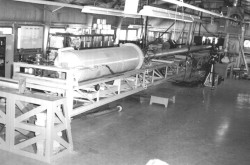
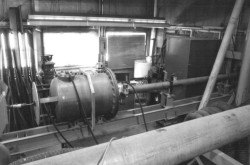
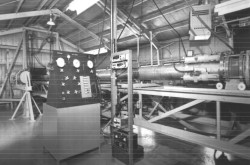
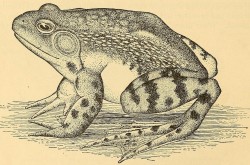
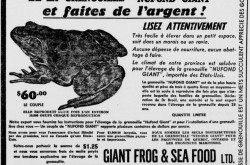
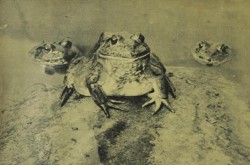
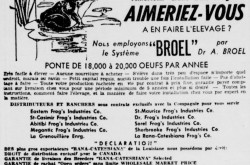
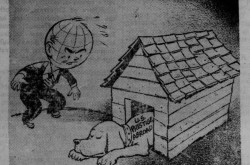
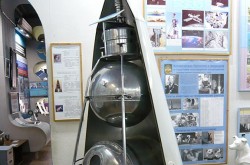
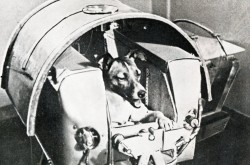
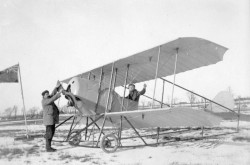
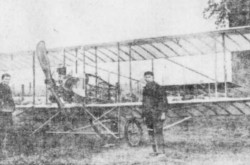
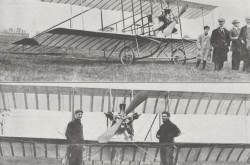
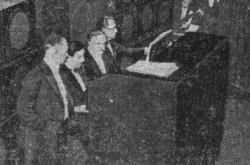
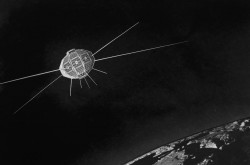
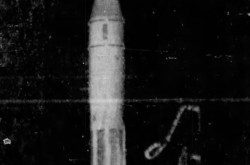
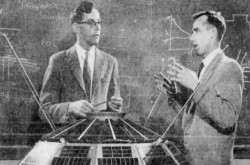
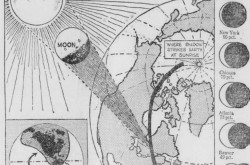
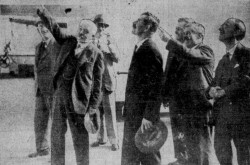
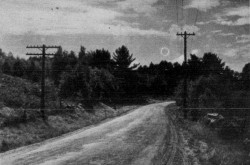
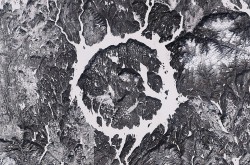
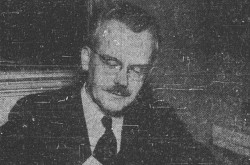
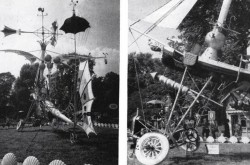
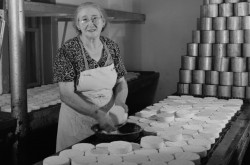
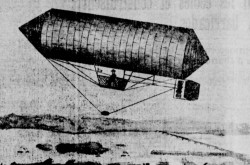
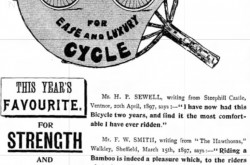
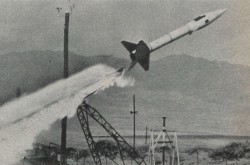
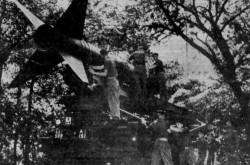
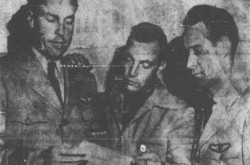
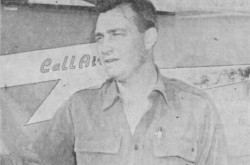
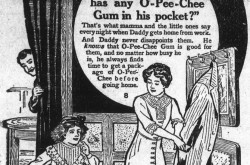
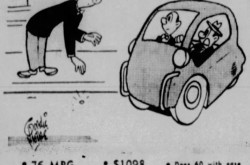
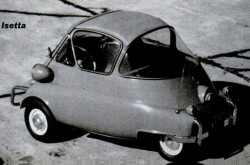
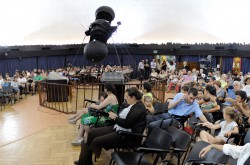
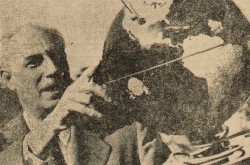
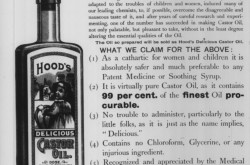
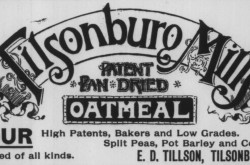
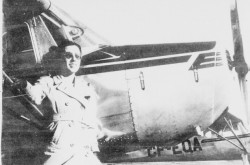
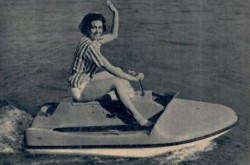

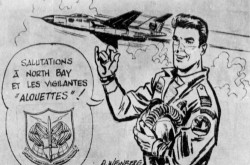
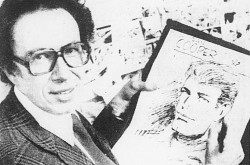
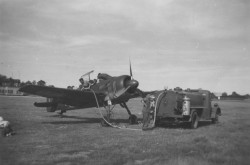
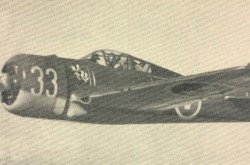
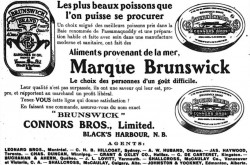
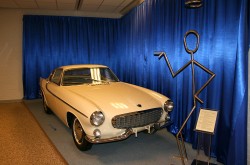
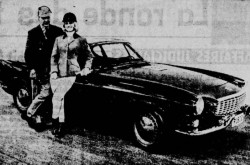
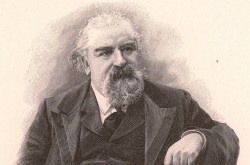
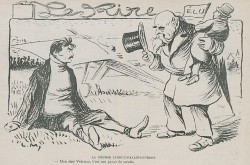
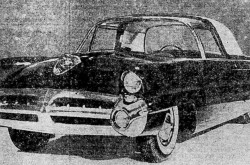
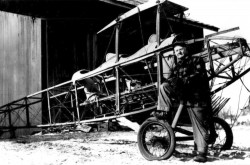
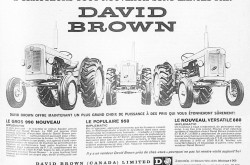
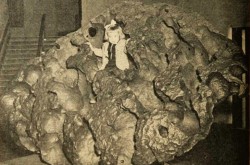
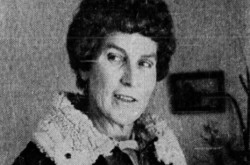
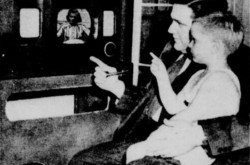
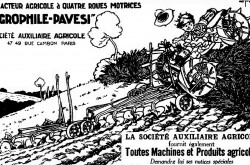
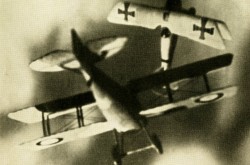
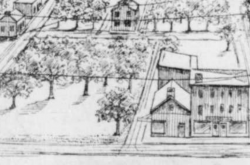
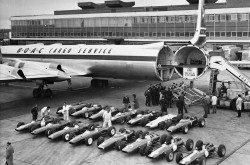
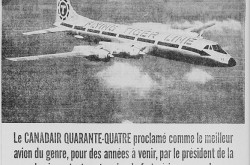
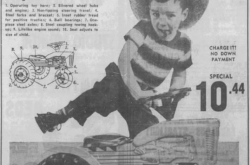
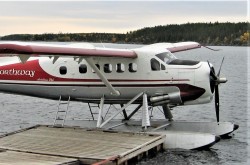
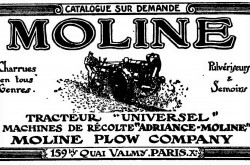
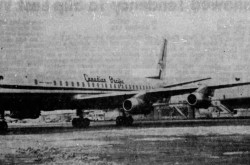
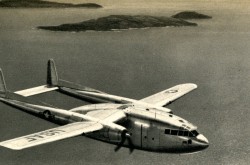
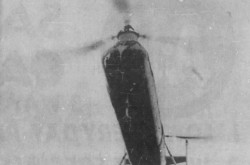
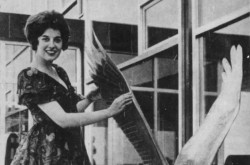
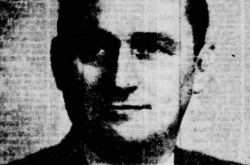
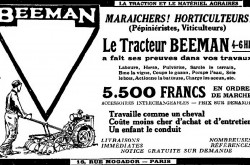
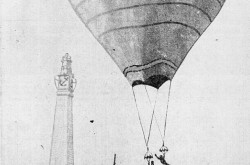
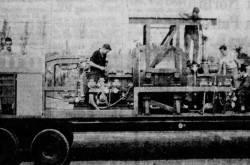
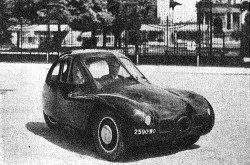
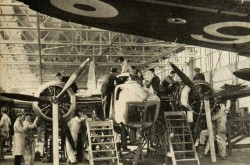

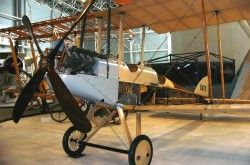
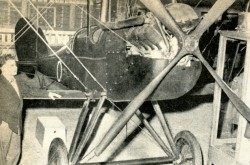
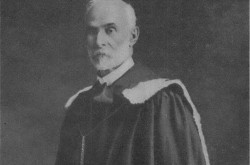
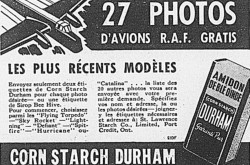
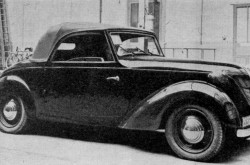
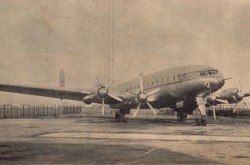
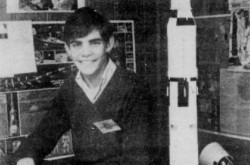
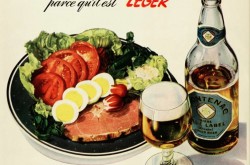
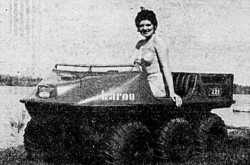
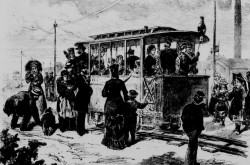
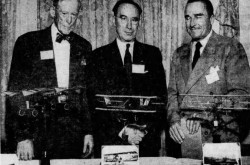

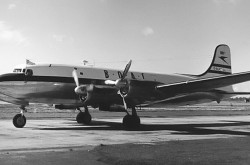
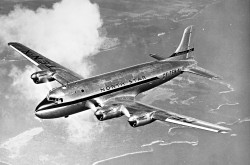
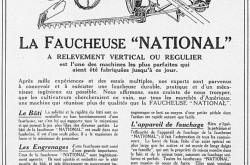
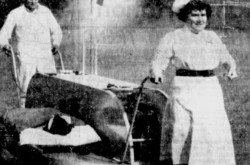
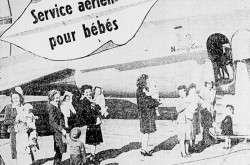
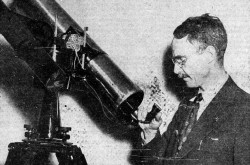
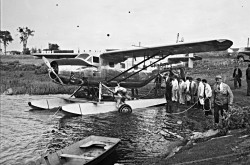
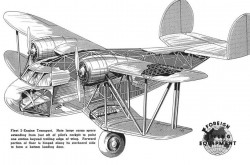
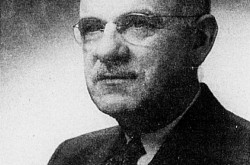
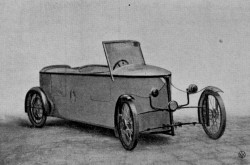
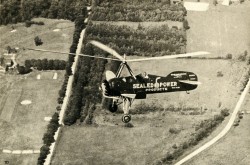
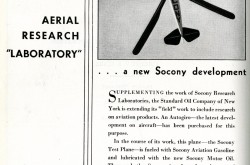
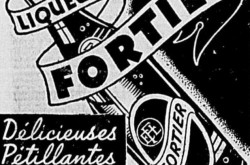
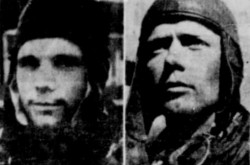
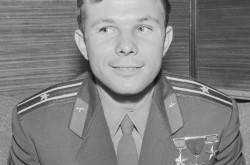
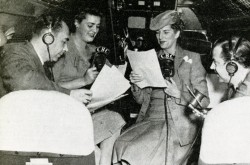
![Peter Müller at the controls [sic] of the Pedroplan, Berlin, Germany, March 1931. Anon., “Cologne contre Marseille – Le mystère du ‘Pédroplan.’ [sic]” Les Ailes, 2 April 1931, 14.](/sites/default/files/styles/thumbnail_7/public/2021-04/Les%20Ailes%202%20avril%201931%20version%20big.jpg?h=eafd0ed4&itok=WnBZ5gMf)
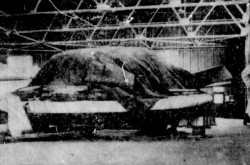
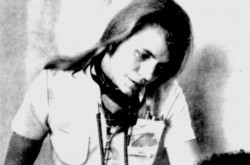
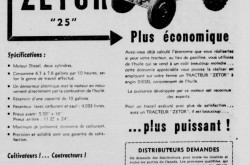
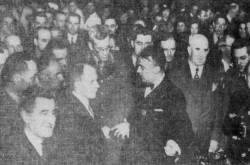
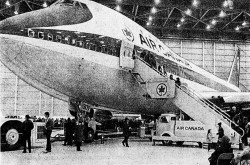
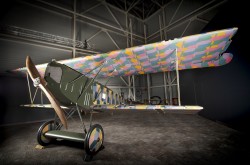
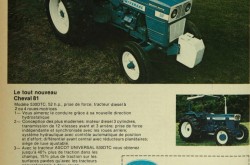
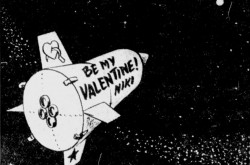
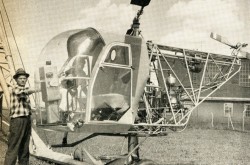
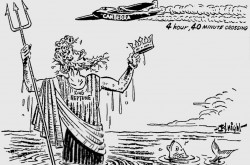
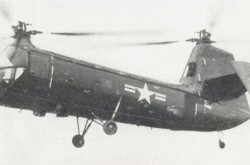
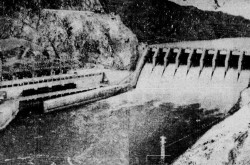
![One of the first de Havilland Canada Chipmunk imported to the United Kingdom. Anon., “De Havilland [Canada] DHC-1 ‘Chipmunk.’” Aviation Magazine, 1 January 1951, cover.](/sites/default/files/styles/thumbnail_7/public/2021-01/Aviation%20magazine%201er%20janvier%201951%20version%202.jpg?h=2f876e0f&itok=DM4JHe5C)
